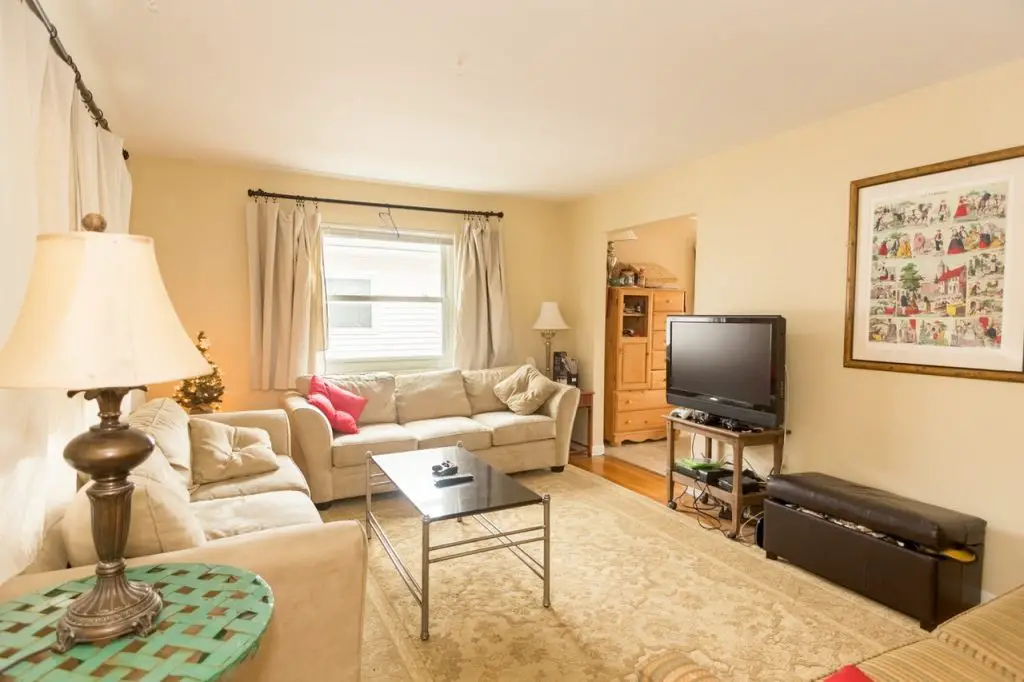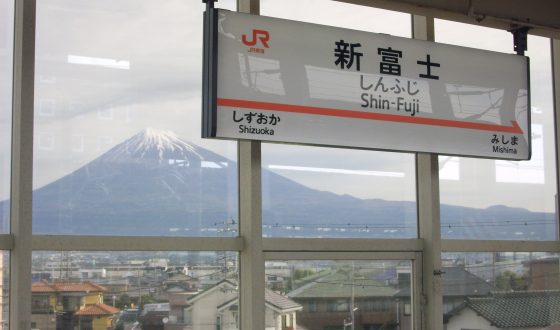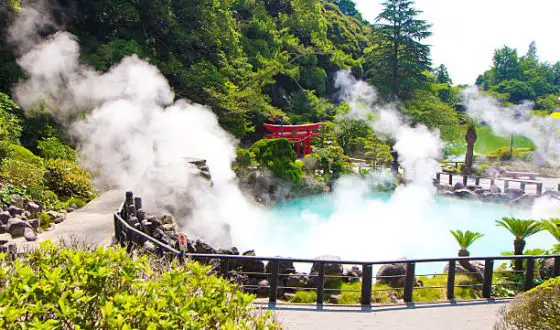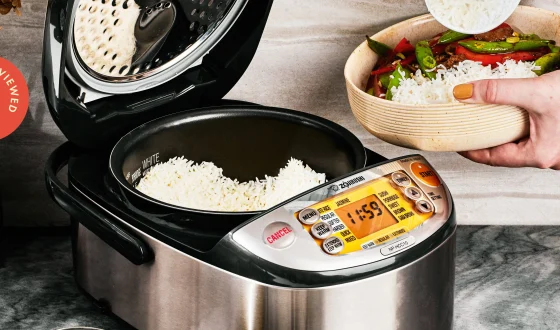Cost Of Living In Japan – Is It Really Expensive?
Japan is well-known for its high cost of living, especially Tokyo which is one of the world’s most expensive cities. However, living in Japan is not always expensive. Costs depend on where you live, what kind of products you buy and how sensibly you use your salary. In this blog, you will be provided with a rough guide to the cost of living in Japan with estimated monthly costs for a single person.
What Does The Cost Of Living In Japan Include?
1. Accommodation And Utilities
-
Accommodation
Apartments for rent in Japan can vary from cheap small ones of about 10 square meters to pricey luxury apartments in main districts. Some of the world’s most expensive land can be found in central Tokyo, but outside of it, housing costs are much lower, especially in the suburbs, surrounding prefectures and in other regions and cities of Japan.
In Japan, the average monthly rent, not including utilities for a one-room apartment (20-40 square meters) is between ¥50,000 and ¥70,000. In central Tokyo and popular neighborhoods in close proximity, rent for apartments of the same size usually starts from around ¥100,000. On the other hand, foreigner houses are inexpensive even in the city.
One tip to save money in Japan is to earn a Tokyo salary but pay a Kanagawa Prefecture rent. You will have to commute, but you’d better accept that. Why? According to the rent data, you only have to pay less than half the rent of a Tokyo apartment for a studio. If you are lucky to have a good boss who pays for your commute, let’s imagine how huge your savings are.

The housing cost in Japan is not always expensive. It depends on where you live!
-
Utilities
Utilities such as electricity, gas, and water are not included in the rent except at some foreigner houses and monthly rentals like Leopalace. Electricity is usually the most expensive of the three followed by gas and water. The average cost for utilities for one person is just under ¥10,000 a month (about ¥4000 for electricity, ¥3000 for gas and ¥2000 for water).
2. Furniture And Household Goods
The cost of living in Japan also consists of costs for furniture and household goods.
Household white goods like refrigerators, washing machines, and other appliances, as well as television sets, stereo sets, cameras and computers, are available at large chain electronics stores like Yamada Denki, Yodobashi Camera and Bic Camera, home centers and second-hand outlets like Off House. While Japanese chain hypermarkets like Aeon and Ito Yokado, and interior goods retailers like Nitori and Muji offer affordable furniture and household items, international retailers like Ikea offer competitively priced foreign products. Besides, you can buy a large variety of household products from online retailers like Amazon and Rakuten. Interestingly, 100 Yen Shops in Japan sell a great deal of products including stationery and kitchen goods at 100 yen each (plus consumption tax) and buying things at those shops can be very cost-effective for those who want to set up their apartments cheaply.
On average, a person needs to pay about ¥9,992 for furniture and household products.

Furniture and household goods are two more things that add to your cost of living in Japan
SEE MORE:
3. Groceries And Eating Out
Japanese food like seasonal vegetables and seafood, soybean products are relatively inexpensive at local supermarkets. You can even buy pre-cooked products at discounted prices shortly before closing time in the evening.
As the latest data on food spending from the Japanese Ministry of Internal Affairs and Communications shows, between January and May 2019, average national food and drink expenses for one person is roughly ¥32,997 a month. That included around ¥2,663 for cereals such as rice, bread, and noodles, ¥5,999 for meat and fish and ¥4,346 for fresh fruit and vegetables.

Groceries is another expense, but it’s not really costly
Sometimes you may feel like eating out and you wonder “how much is a meal in Japan?” when you go out to eat. Well, on average, a meal at normal Japanese restaurants costs approximately between ¥1000 and ¥3000. During lunch hours, many restaurants offer inexpensive set menus (teishoku) at around ¥1000. Lunchboxes (bento), which are sold in convenience stores, department stores, train stations and at temporary stands in business areas are also a good deal.
Cafes and coffee house chains are quite popular in most Japanese cities. A typical cup of coffee at a coffee house chain is around ¥300, whereas prices at boutique cafes tend to be slightly higher.
4. Connectivity
In Japan, mobile phones are available to those with a valid residence card and a Japanese bank account. ¥6000 per month is the average amount that you need to pay for conventional subscription plans, but you can get cheaper plans from around ¥2000 per month from discount operators.
For internet access at home, you should consider getting either a pocket wifi device (monthly fees from ¥2500) or subscribing to broadband or fiber optic internet (monthly fees from ¥4000).
5. Shopping
Another expenditure that adds to the cost of living in Japan is shopping costs. When you live in Japan, you may pay around ¥4,132 for clothing and footwear monthly.
If you want to get inexpensive clothes, you can go to the clothing department of chain hypermarkets such as Ito Yokado or affordable basic clothing stores such as Uniqlo. If you fancy more expensive fashion styles, department stores and boutiques should be your choice.

Shopping is indispensable, so you also need to put it into your expenditure when you move to Japan
6. Services And Entertainment
The price of services like haircuts in Japan starts from ¥4000 for a cut, which usually includes a wash and blow-dry and sometimes a quick head massage. In some places, you can also get a quick haircut for around ¥1000.
For entertainment, movie theaters (ticket prices range from ¥1000 to ¥2000), karaoke establishments (hourly rates start from ¥200) and game centers are popular in most cities in Japan. There are also many theater performances as well as live concerts during the year. Major cities like Tokyo and Osaka tend to have a higher number of live performances by popular local and international performers. Ticket prices start from around ¥6000 depending on the seat.
7. Commuting And Transportation
One more thing that contributes to the cost of living in Japan is the cost for commuting and transportation.
Commuters can purchase train commuter passes for unlimited travel between their home and office/school for one or multiple months. Many Japanese companies pay part or all of their employees’ train commuting expenses.
If you live in the city, you should choose to ride bicycles as a means to get around as it’s a very cost-effective way and you can easily find bicycle parking near most railway stations and shopping centers. In large cities like Tokyo and Osaka, beside train and subway networks, there are local buses that may be the main means of public transportation in cities with less dense train networks like Kyoto or in the suburbs.
Taxis are available in almost all cities near train stations and maybe the only way of getting around once trains and buses stop operating around midnight. They can also be an economical option for shorter distances if traveling in groups of three or four people.
Having a private car in Japan is expensive due to the mandatory bi-annual inspections, mandatory insurance, an automobile tax and the fee for a parking space (in large cities). However, the price of cars is not expensive with smaller new cars starting at under one million yen and the use of expressways is subject to tolls.

Your commuting cost can be paid by your employers. However, it still depends. If you live far from the city centre in Japan, you should put aside an amount to cover this cost.
Conclusion
Now that you know what is included in the cost of living in Japan and you can calculate how much money you need to pay monthly. It is believed that if you live wisely with the salary you earn, it can be affordable to live in Japan.









